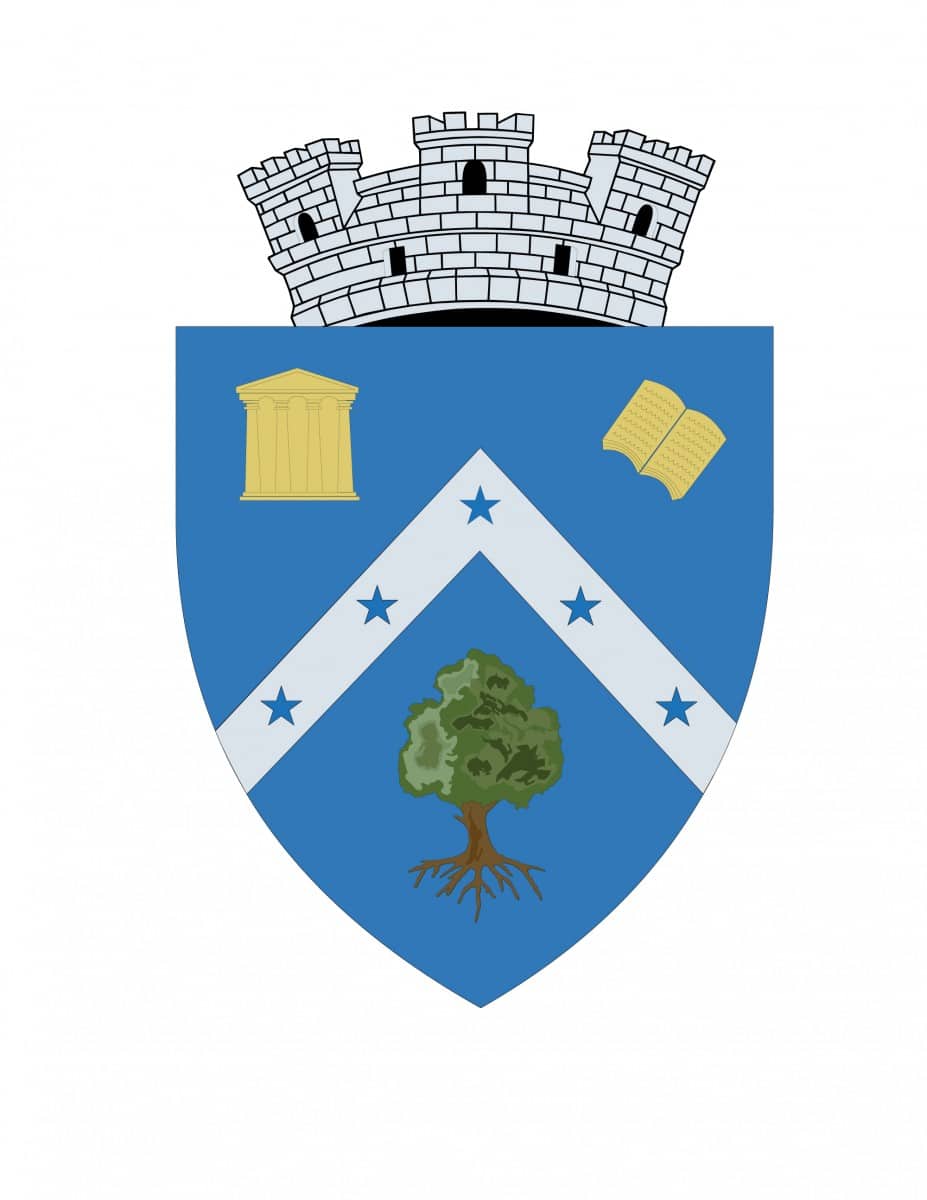After Hours
After Hours
What is the meaning of after the hour?
The time period after the hour usually refers to a selected period that occurs after a chosen time, often used within the context of scheduling or events.
Contextual Meaning
In a more specific sense, after hours can denote instances that occur beyond common business hours. For occasion, many companies have outlined opening and closing times, and any activities or companies that take place past these instances are considered after hours.
Usage in Various Scenarios
1. Business Context: Many workplaces could conduct conferences or varied capabilities after regular working hours to accommodate totally different schedules.
2. Entertainment: Nightlife events or actions usually happen after hours, contributing to a vibrant social scene.
3. Emergency Services: Certain companies might function after hours to supply assist when most companies are closed.
Thus, after the hour signals a transition right into a time where totally different rules or dynamics might apply, typically associated with flexibility or non-standard preparations.
What time is after night?
After evening, the time usually transitions into the early hours of the morning. This interval is sometimes called after hours, which might differ from late night till daybreak.

During after hours, the world tends to be quieter, with fewer activities happening, as most people are asleep or winding down for the day.
The actual time can differ based mostly on cultural and regional contexts, however generally, it starts round midnight and may extend till sunrise.
What does it mean to work After Hours?
Working After Hours usually refers to performing job-related tasks outdoors of standard business hours, which may differ by business or group. This idea encompasses a wide range of scenarios, HiOP including:

- Extended office hours: Working late into the night beyond the normal work schedule.
- Weekend work: Completing tasks on days which are historically non-working days, similar to Saturdays and Sundays.
- Remote work: Engaging in work actions from house or other locations outside of normal office occasions.
Reasons for working after hours would possibly include:
- Project deadlines: Meeting tight schedules to make sure duties are completed on time.
- Quiet hours: Taking advantage of much less interruption to focus more successfully on tasks.
- Clashing schedules: Coordinating with colleagues in different time zones or those who have conflicting commitments throughout regular hours.
While working after hours can lead to larger productivity, it is important for individuals to maintain up a wholesome work-life balance to avoid burnout and stress.
